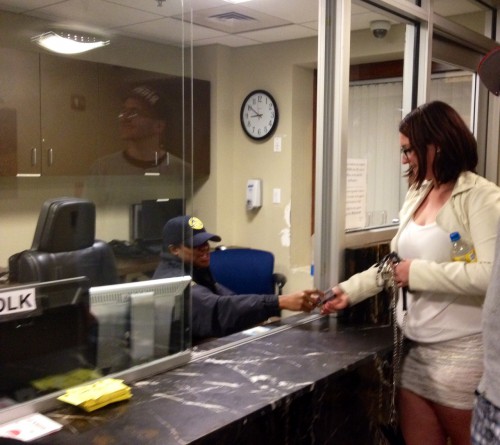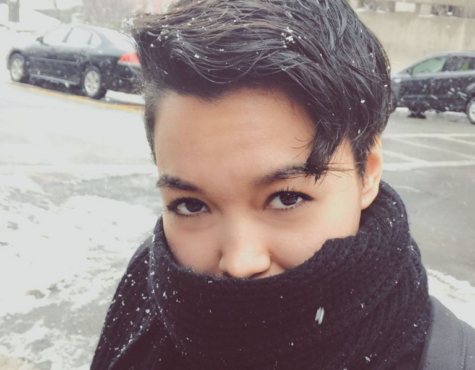As his second semester at Suffolk hits its midpoint, University Police Chief Gerard Coletta has made changes to empower SU officers as well as strengthen communication between SUPD and students, faculty, and administration.
“One thing I have changed is to give our officers power to do things that in the past would be left to Boston Police,” Coletta explained. These powers include detaining, carrying out in-depth investigations, as well as certain other jurisdictions.
“We have the authority and skills to do that,” he said. “Our officers have been trained for it.”
Although Coletta worked for Stonehill College Police Department prior to Sufolk, he shared that there are certain new challenges encountered in a campus like Suffolk, with “no assigned public spaces.”
“We are concerned over the safety of students walking alone late at night,” Coletta said, “which is why we offer escort services to selected areas.” While this list of places has recently increased to include a couple of MBTA stops, Coletta admits that this service has its limits. He disclosed that one of the reasons the escort service is restricted to the assigned areas is due to the number of officers in each shift that are able to provide this service, making it difficult to cover locations not directly associated with Suffolk. Another point he shared for this issue was that SUPD officers are unarmed, a matter that may be taken under reconsideration soon.

“Our officers remain unarmed to this day,” he said. “It is something that the department may consider, but not without the help and input of the Suffolk community.”
Another recent change has been the new entering policies to the university’s residence halls. The procedure is to swipe your student ID to unlock the doors of the building and then have the officer on duty swipe it a second time to verify that is it your own ID before you are able to fully enter. It replaced the previous policy in which residents only had to display a color coded sticker stamped on their ID to be granted access to the residence hall.
While strong opinions against the current procedure have risen, Coletta emphasizes that this is the best way to keep residents in the halls safe. Although the previous system did provide some control over who entered the buildings, it lacked the ability to provide officers updated information in case of a change in the assigned residence hall of each student or in the case that a student’s on-campus housing privileges are suspended.
A new, more efficient software is expected to be installed during the winter break that will relieve some of the glitches the present system has, including minimizing the wait times to sign in to the residence halls.
In an interview with The Suffolk Journal, Chief Coletta expressed part of his focus to be on “making strong relationships with administration, staff, and students.” Since then, SUPD has joined numerous social media networks in an effort to get connected to students, including Twitter and Facebook. A representative from the Student Government Association also meets with SUPD periodically to discuss campus security.
Coletta said that the best form of cooperation between students and the police department is by communication.
“If there is something that is making you feel uncomfortable or unsafe, please let us know. Even if you are not sure if it is against a policy or not, talk to someone about it.” He advised students to report all activity that puts their security at risk, especially to those living on campus.
“My message to the officers is to remember that we are a service oriented department,” Coletta said. “We are here to make it easy for you guys.”













